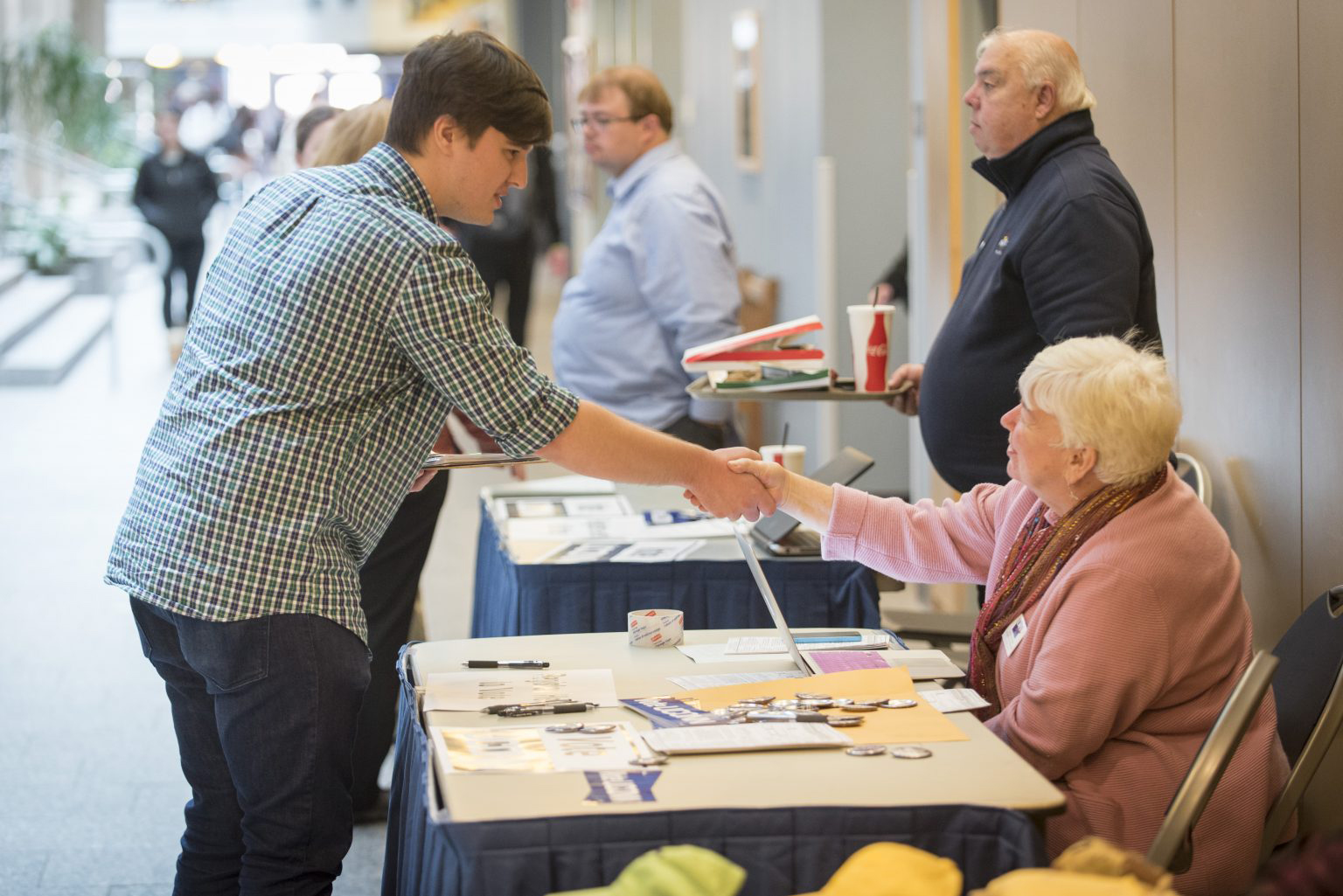This election year, UConn’s College of Engineering (CoE) is helping to ensure trust in every vote cast.
Last month, Connecticut Secretary of the State Stephanie Thomas announced 2,700 paper-based voting tabulators, statewide, will be replaced with new, state-of-the-art machines. The state hasn’t upgraded most voting equipment in almost 18 years.
“This is a pivotal moment for Connecticut’s elections, and one that is a long time in the making,” Thomas said in a recent press release. “Through this milestone tabulator upgrade, we’re providing our election administrators with the modern tools they need to run efficient elections.”
Since choosing the safest, most reliable tabulators was a crucial step in the replacement process, Thomas turned to the CoE’s Voting Technology Research (VoTeR) Center for guidance. Since 2006, members of the VoTeR Center have strived to assess the security and dependability of electronic voting equipment and develop new techniques for auditing the results of elections.

“For this evaluation, the VoTeR Center devised and executed testing procedures meant to assess the resilience of potential tabulators and the eco-system in which they operate against adversarial attacks,” explains Laurent Michel, technical director of the VoTeR Center and professor of computer science and engineering. “White-hat ethical hacking of this type is meant to find weaknesses in the equipment, or the processes election officials rely on to program, execute, and tabulate results state-wide.”
Over several weeks, the VoTeR team worked to evaluate potential new tabulators on the basis of cybersecurity guarantees, support for best-practice election audits, and compliance with the Voluntary Voting System Guidelines set by the U.S. Election Assistance Commission. All findings inform officials as to the ideal safe-used processes that should be adopted to conduct elections with secure tabulators, Michel says.
Ultimately, the VoTeR team shared their evaluations with Thomas and the selection committee, and the State began purchasing the equipment. Secretary Thomas plans to distribute the new machines to nine Connecticut towns prior to the November general election. Other towns will receive theirs in 2025.
“Such an evaluation touches on many technical issues ranging from compliance to the standards to resilience to attacks an adversary might be tempted to carry out against a voting system, such as tampering with the equipment to coerce it into reporting incorrect results,” Michel says.
Michel, a founding member of the VoTeR Center, also serves as director of UConn’s Synchrony Financial Center of Excellence in Cybersecurity and co-director of the Connecticut Cybersecurity Center. At VoTeR, he works alongside Center Director Alexander Russell, professor of computer science and mathematics, Benjamin Fuller, associate professor of computer science, and several research software engineers, faculty, graduate, and undergraduate assistants. All three faculty teach in the CoE’s School of Computing.
“While directly supporting the State, the Center also pursues research in election integrity and auditing, with active involvement of undergraduates and graduate students,” Russell says.
The VoTer Center was formed in response to the Help America Vote Act, signed into law in 2002, and initially helped the State select the very tabulators that are currently at end of life. Since then, the purview of the center has significantly expanded, now supporting the State’s annual hand-counted audit procedures, providing forensic audits of electronic tabulators, developing technological tools for ballot processing and verification of voter assignments, and playing a critical role in the State’s efforts to guarantee voting rights.
“Proper auditing not only increases the confidence of the voters that state elections are run, but it also helps uncover procedural failings of the election process, enabling voting districts to better serve their constituents,” Michel says. “Our goals are to ensure the integrity of the election outcomes conducted with electronic voting systems and to continuously assess their security and dependability.”
View other reports, publications, and methodologies the Center relies on here.




